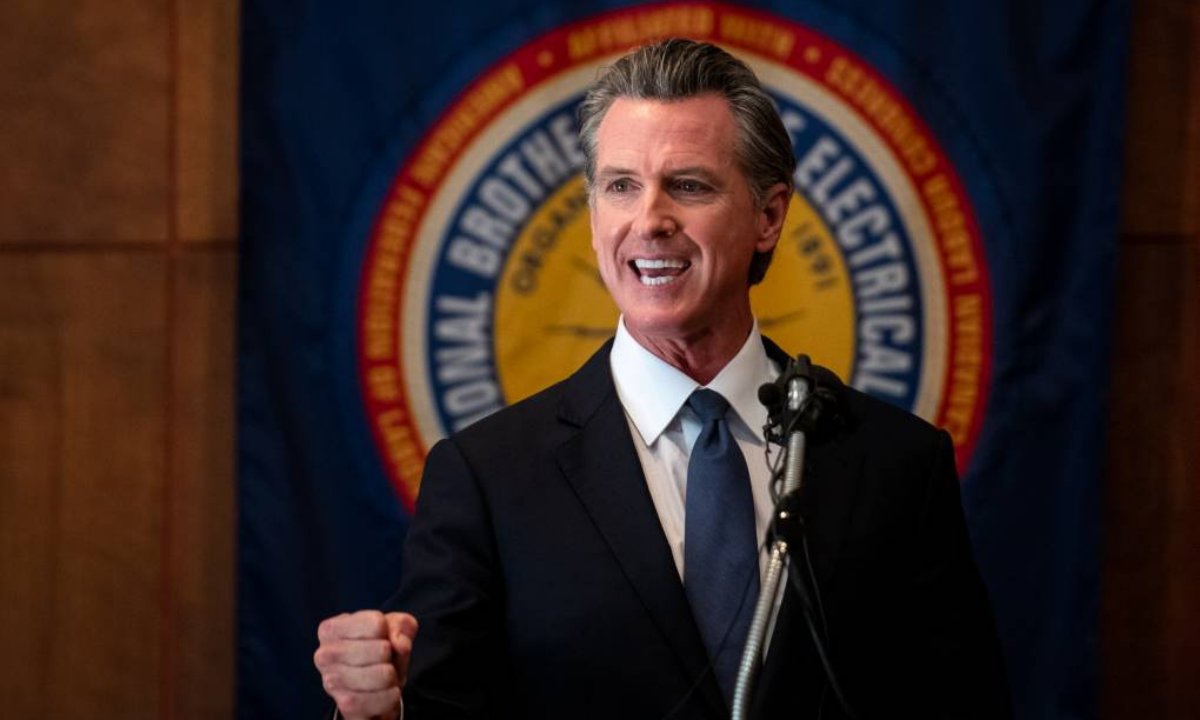Written by Bobbie Wylie
On Monday, Governor Gavin Newsom unveiled a $286.4 billion budget proposal, 9% bigger than last year’s record state spending plan. This budget proposal is cushioned by economic recovery and higher-than-expected tax revenues. The Newsom administration projects a $21 billion discretionary surplus for 2022-23.
Due to current estimations that the budget will be approximately $2.6 billion higher than the constitutionally-mandated spending limit, Governor Newsom has proposed to forgo the annual increase to the gas tax. While this proposal may bring some relief at the pump this summer, it is only a proposal to forgo the annual increase, it does not propose decreasing the current gas tax.
Newsom is looking to address the homeless encampments that are rampant throughout the state, an issue presented as one of his greatest failures during last year’s recall election. Newsom’s budget proposal included $2 billion to distribute grants to local governments to convert vacant hotels, motels, and other buildings into thousands of units of housing for the homeless. Newsom also plans to spend $1.5 billion over the next two years to provide tiny homes to homeless people while more permanent units are completed, and $500 million to aid local officials in clearing homeless encampments.
Governor Newsom’s proposed budget includes a record $119 billion for K-12 schools. Local school districts are concerned about a possible fiscal cliff arising from significant decreases in enrollment and attendance. Governor Newsom plans to calm these concerns by allowing school districts to report attendance – daily attendance being the determiner of district funding – using whichever is highest among the previous year’s attendance, the current year’s or an average of the three most recent years. Newsom’s budget proposal also provides $54 million to aid school districts in recruiting teachers as staffing shortages across the state could mean school closures in some districts.
Photo Cred: Beth LaBerge/KQED




